Gollum offends me. It’s not the bugs, and thankfully the launch version of the game is less buggy than the review build that vexed other critics (though it still has bugs). It’s also not because of the less-than-AAA presentation that some have been complaining about. It looks good for a B-tier game, and I don’t expect B-tier games to have the same level of production as the blockbusters. No. What offends me about Gollum is the way the developers have taken one of the most complex pieces of symbolism in the Lord of the Rings and turned it into a generic video game character on a generic video game quest.
As David Callaway notes in his analysis of the character: “Gollum becomes a symbol of man’s struggle between the forces of good and evil, and Tolkien’s conclusion illustrates his insistence on the eventual triumph of good-no matter how corrupted the good may be. If Gollum can withstand the Ring, and Sauron, for ages and still have this “chink of light,” and traces of individuality, and then in his pitiful condition help in the destruction of the Ring, he must be considered heroic.
“What Gollum becomes is an emblem of the internal dilemma faced by all creatures in a Christian-based cosmology. Gollum is not more evil in the beginning than either Frodo or Bilbo, he is just controlled by the Ring for a longer period of time… Each character, from Gandalf and Lady Galadriel, to Sam, is tempted by the evil of the Ring, and each must struggle with his own inherent evil. Gollum, because his struggle has been so long and torturous, and because he has still resisted, becomes a positive symbol to the others.”
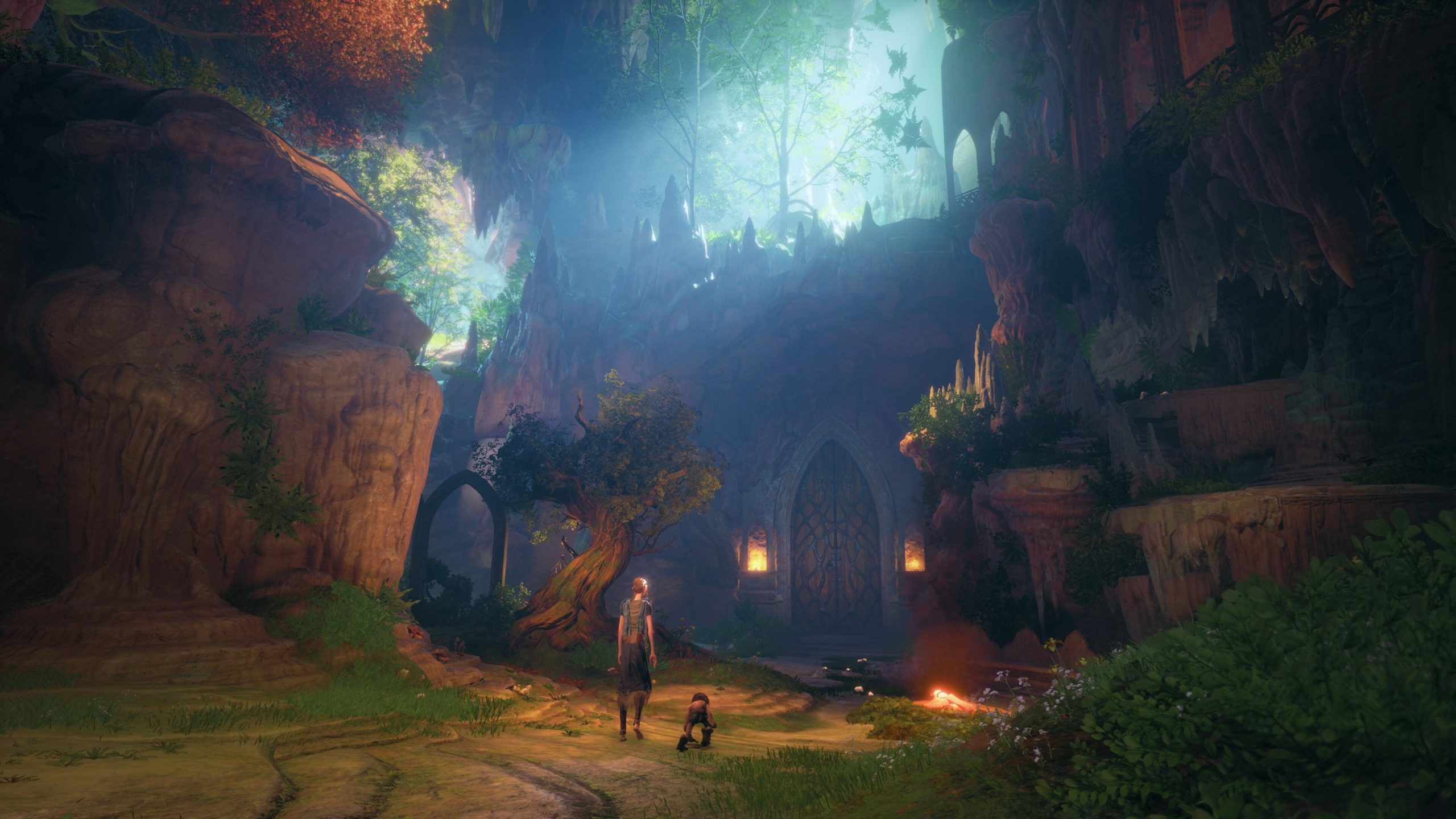
One of the most impressive achievements of The Lord of the Rings films is that Peter Jackson built this intense and philosophically critical conflict into Gollum. He was expertly assisted in that endeavour by Andy Serkis, whose performance was perfect in capturing the torment and – critically – drawing us in to sympathise with the creature. The biggest problem with Gollum, the game, is that there is precisely no thematic depth in the developer’s take on the character. The “moral conflict” that the marketing material touts is little more than the occasional moment where Gollum talks to himself and you need to decide if he’s going to have a positive (Sméagol) or negative (Gollum) response. Either way, the game plays out the same way, so these decisions are irrelevant… and trivial, too. A good game with moral conflict has me put down the controller and really think through my response to the options I am given. I didn’t do that in Gollum. Not once.
There’s not much plot at all in Gollum. For the most part, you’re just following a series of markers to complete tasks, after which one character or another will tell you what your next job is. The overarching narrative is like a Cliffs Notes summary of the events that led to Gollum’s role in The Lord of the Rings, presented without any depth or purpose. Furthermore, there’s no sense of Tolkien’s lore in this world, and indeed it’s almost shocking how poorly the game represents iconic locations. You spend the first half of the game trotting about Mordor, for example, but a blasted hellscape of cruelty this is not. It comes across much more like a world of brown and grey that is so boring that you’ll die of that before any violence gets you.
In fact, one of the most shocking things I found about the game is how mildly it portrayed the orcs. Rather than chaotic, violent and uncontrolled creatures of wonton cruelty, they’re instead portrayed as little more than gruff slavers. Undeniably evil, but eerily, almost quietly passive in that evil and a far cry from what Tolkien (and later Jackson) envisioned.
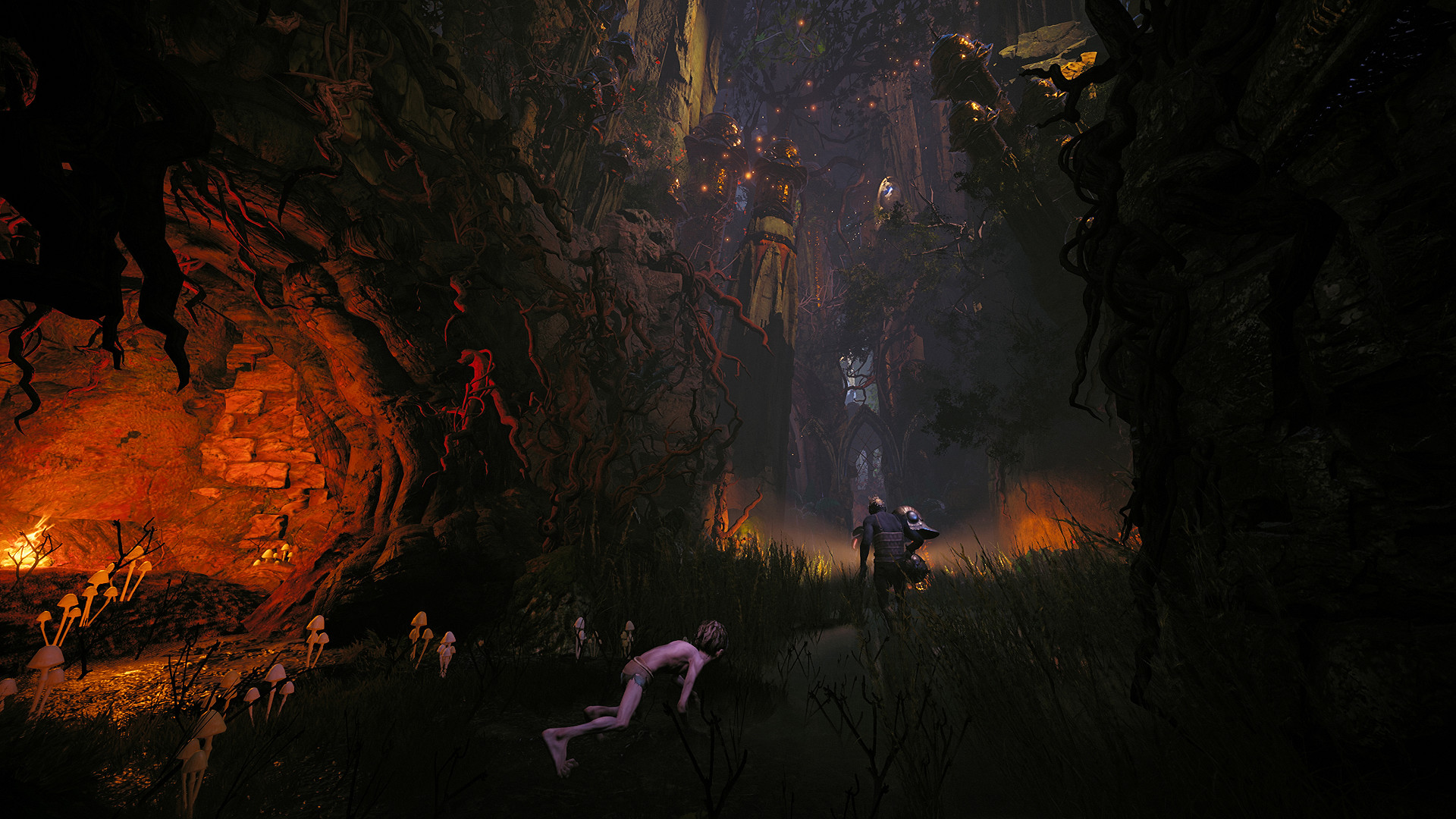
The threadbare plot is not assisted by the performances, because none of them are good enough to make you care about the characters. Gollum himself sounds like a cosplayer’s best effort at an Andy Serkis impersonation, and if just gets worse with the minor roles All of these combine to make something that you can technically play through, but have almost zero motivation to do so. I’m genuinely surprised by all of this because, as a point-and-click specialist, Daedalic Entertainment knows how to write characters and narratives. Going into Gollum the one thing I was expecting was a narrative that showed some understanding of Tolkien, but I’m now not sure anyone on the team has even read it. They may have seen the films once or twice, but as a work in the Tolkien universe, there is a truly inept understanding of the source material in this product.
The gameplay, meanwhile, is fine. I certainly got along with it better than some of the others that have reviewed it so far (though, in fairness, they were dealing with a nightmarish pre-release code). Fine isn’t good though, and as a stealth action experience, Gollum is so bland and basic that it’s exhausting. You spend most of your time sneaking past orcs that redefine “robotic” in the way that they stick firmly to set pathways, and the tools that you have to navigate past them are embarrassingly limited.
The rest of the time you’re doing the Uncharted thing of looking for nicely marked bits of landscape to climb on. When done well in games these can be thrilling little puzzles to work out. In Gollum, they’re only good enough to waste some time. Furthermore, most of the bugs I encountered had to do with these sequences, and there are times when Gollum would point-blank refuse to grab a ledge and plummet to his doom, only for it to work the second time. The auto-save system is generous, so I never lost much time to these bugs, but they were annoying anyway.
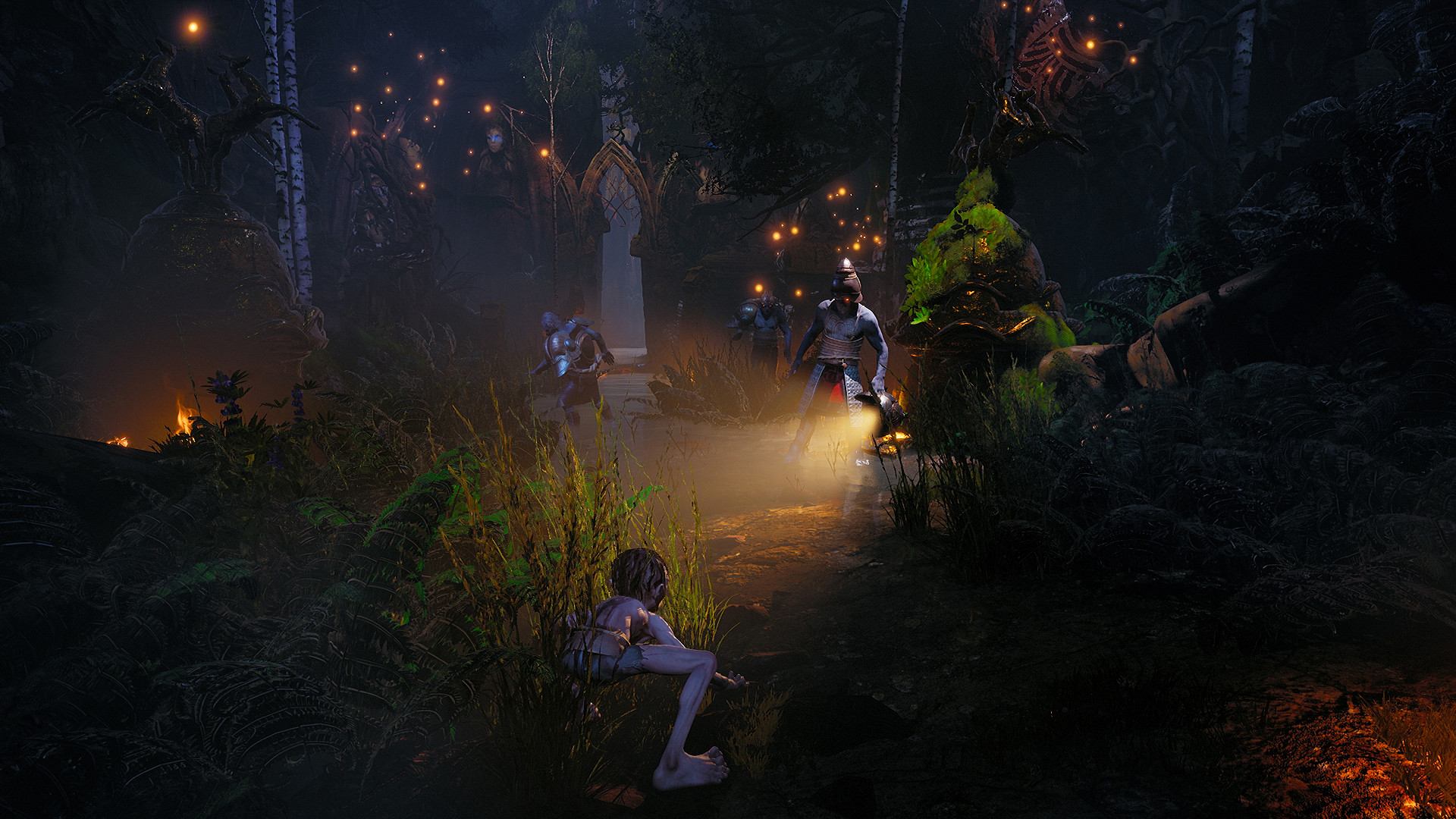
However, the worst part of the gameplay is the quest structure. Most of the tasks you are set are truly inane. Generic fetch quests and breadcrumb trails have no place being in a game set in Mordor, or any other part of The Lord of the Rings. I’m not a fan of calling developers “lazy”, because I know how much work goes into a game. Even when it turns out to be terrible “lazy” isn’t the right word for it. However, Gollum’s quest structure is genuinely lazy. There was no creative effort to give people interesting and relevant tasks to complete. Instead, we got a checklist of quests straight out of the “How to make an action game” training manual. It’s totally unacceptable.
Gollum is offensive, and it’s a textbook case of the worst side of video games. This hobby/art form that we love so much is utterly reliant on the marketing value of licenses and a “best practices” approach to game design that is slowly but surely homogenising everything that gets produced. Far too often, video games are the product of decisions made by a bunch of suits that have no understanding of literature or the arts. Making an artful and interesting game isn’t worth the work when a product can be churned out instead.
This is a problem across the entire games industry and far too much of the work it produces. What makes Gollum stand out is that most other developers and publishers then use their creative teams to try and hide the crass cynicism and capitalism. Daedalic didn’t bother with Gollum. This game represents the games industry with its mask off.
ZERO STARS, 0/5

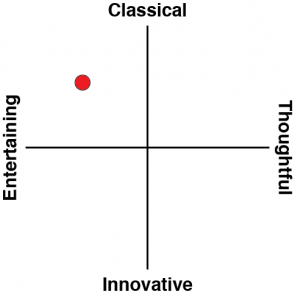
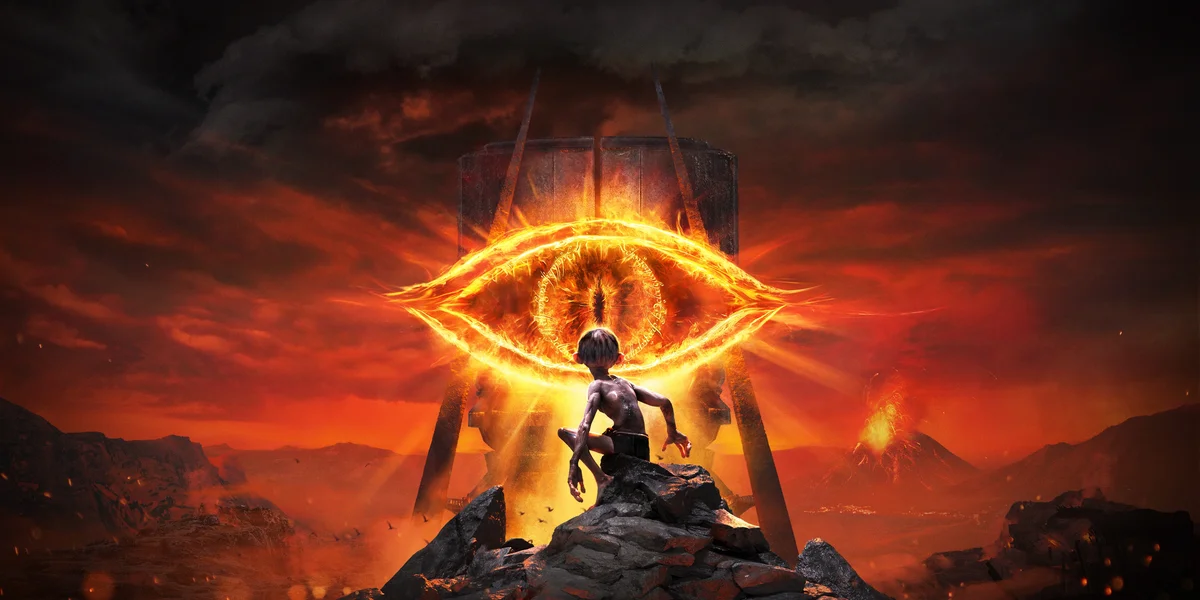

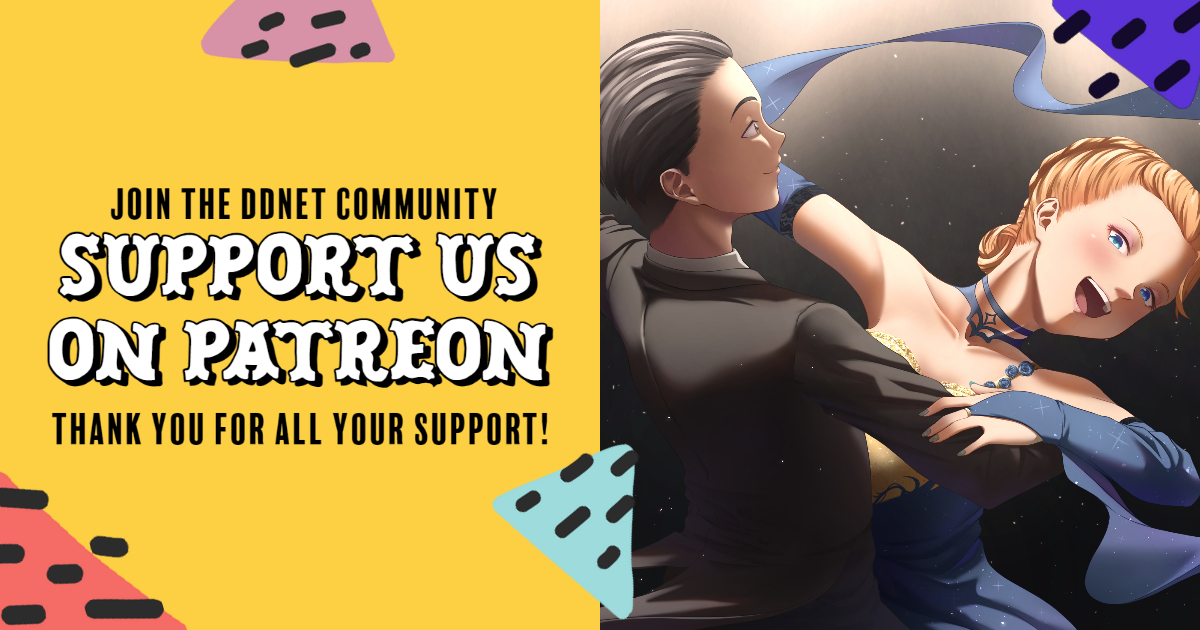



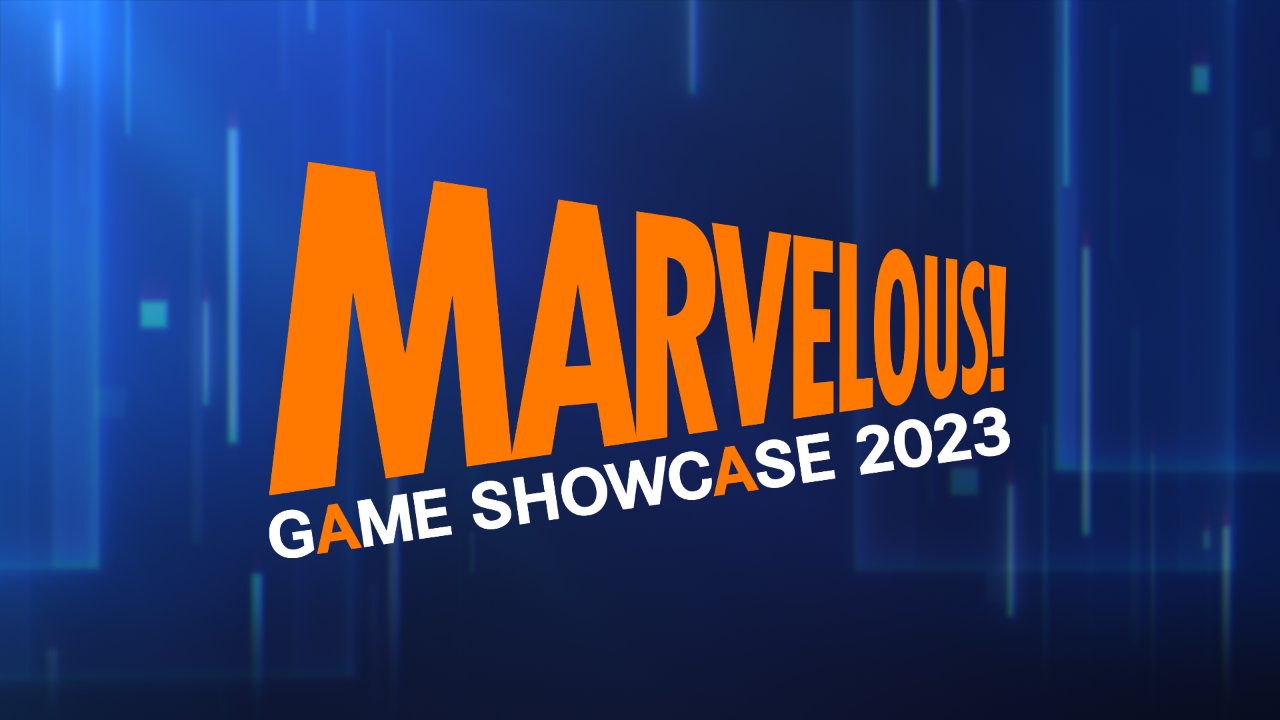
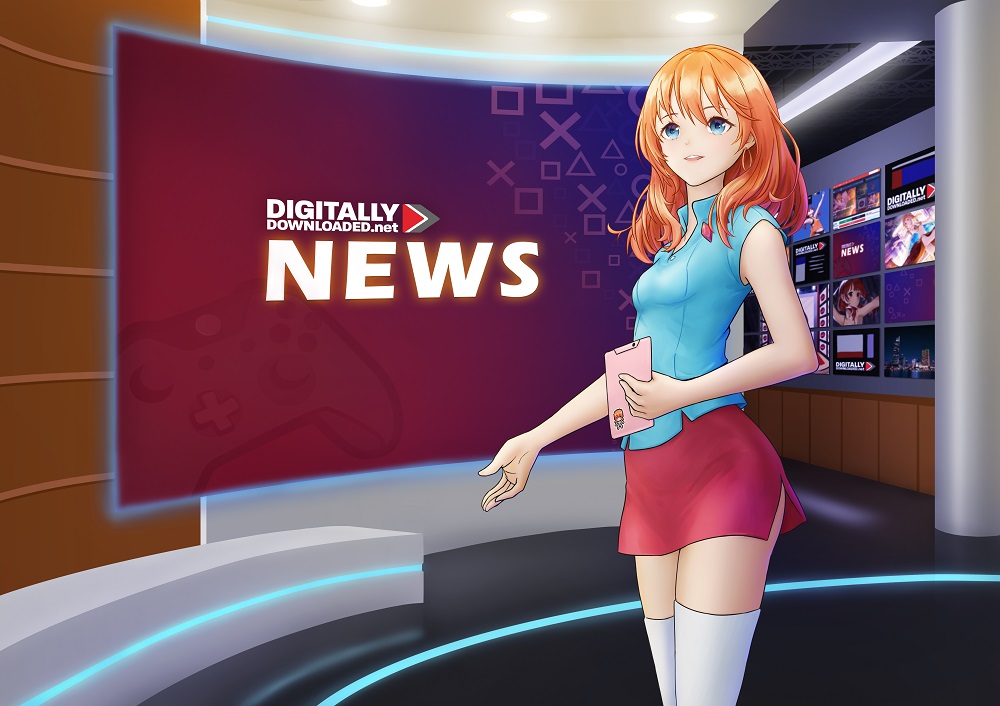


Very interesting review.
“What makes Gollum stand out is that most other developers and publishers then use their creative teams to try and hide the crass cynicism and capitalism. Daedalic didn’t bother with Gollum. This game represents the games industry with its mask off.”
I’m not so sure about cynicism and capitalism. They did hire an experted and talented translation team for the French version (Words of Magic, yes they have an English name ^^) and I’ve just learnt that they are even bothering to include two versions of the French translation (because recently the novels were re-translated and the translator came up with new translated names for the characters, so an in-game setting will let you select one translation or the other).
Would cynicists bother with such details ? I don’t know. I’m more inclined to think that unfortunately, many a developers have no creative vision or ambition, at all. It’s less cynicism than mediocrity I think 🙁
Then again, the rise of mediocrity among many professions can be traced back to a capitalist mantra, which acts as an overarching guide on how to navigate the world for far too many people. This, I believe, also plays a part in the ideas many allow themselves to have.
But I agree, this issue spreads out into many areas and ultimately comes back to a very deep one, which is the way we think. And that in turn raises the profound question of our place in the universe.
If this sounds too much of a leap, I apologize, but I can’t help but seeing this exact same problem in every profession I encounter. I see a decline in quality caused by decision makers who have a very limited view of the world and trust in numbers above all. And I mean ALL.
As Iain McGilchrist put it so brilliantly in his newest book and Magnum-Opus “The Matter with Things”:
“Interestingly, much as the happiest people don’t seek happiness, the wealthiest people are not those who most ruthlessly pursue wealth. John Kay cites a number of cases of global giants, household names such as ICI, Boeing, Merck, Pfizer and Citigroup, which were once highly profitable organisations while they focussed on delivering a good product, but which nosedived as soon as the bean-counters took over, and told people to focus on the bottom line – making money. …. Success in business comes, bizarrely enough, as a by-product of running a good business.”
― Iain McGilchrist, The Matter With Things: Our Brains, Our Delusions and the Unmaking of the World
PS: If an organization in that list strikes one as being a poor example of “greed doesn’t pay”, ask yourself what price they paid in return. The answer is the kind of value I believe many have lost sight over.
There’s a reason that independent developers tend to go into decline once acquired by a publisher that has a bean counter watching over them after that. See also: BioWare and, apparently, every studio that Microsoft has snapped up in recent years. When you go from allowing your creative teams run free to having accountability to a suit, the quality tends to drop off and quickly.
I dunno, Sony first-party games are regularly praised for having the most in-depth accessibility options in the industry, and yet those are some of the most cynical games in existence. 🙂
It’s worth remembering too that the publisher, Nacon, is French. It is possible that this was done simply for that reason – the French publisher knew what was necessary in terms of translation for the French market.
I think overall you’re partly right and it’s a blend of the two. Certainly the developers clearly executed on the vision, but in playing the game I got the distinct feeling that this was all just a cynical effort to stick a license on something that wasn’t really about the license. If I get around to reviewing that Warhammer Boltgun game I’ll be able to better highlight the difference, because that feels like a game that was build from the ground up around the license. 🙂